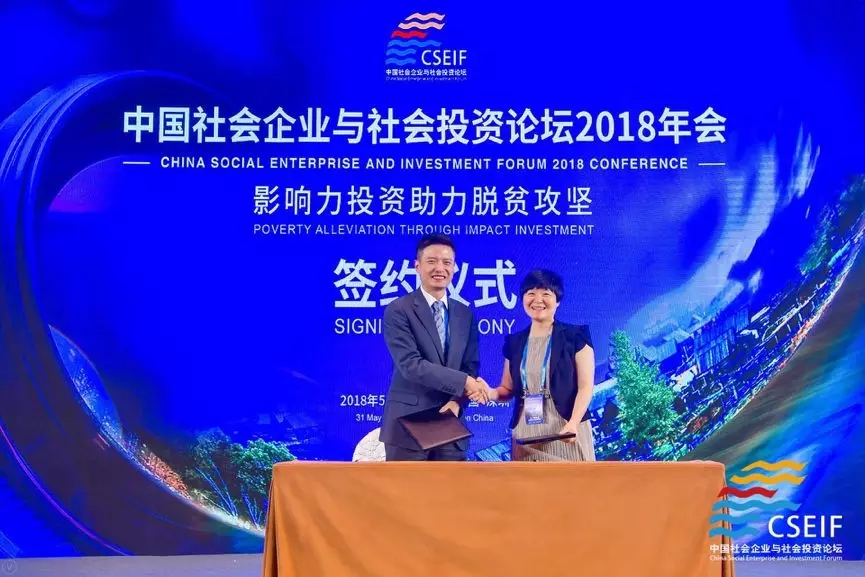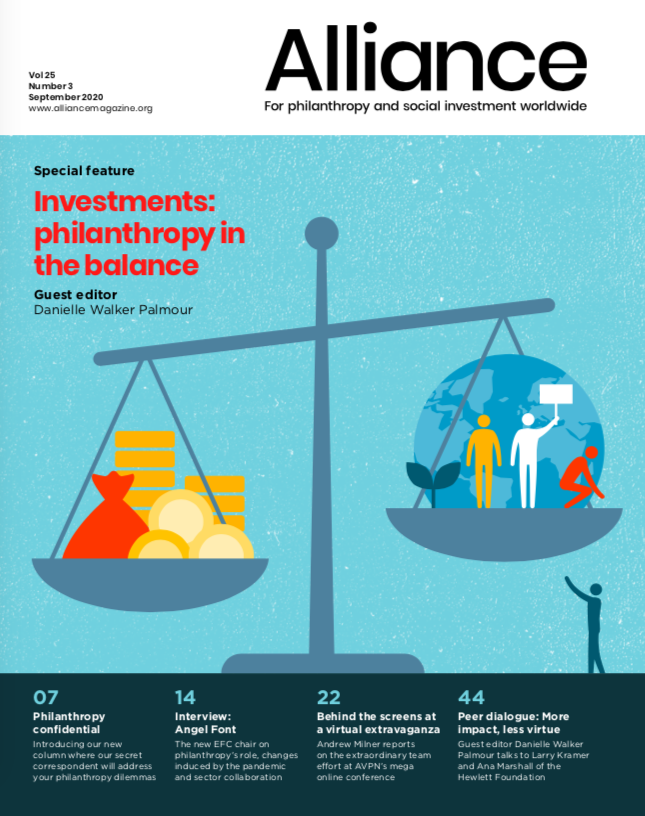Limited assets among Chinese foundations restricts their ability to bring about change – but it may also act as a catalyst for other resources
When the Narada Foundation announced plans to contribute 50 million RMB ($7.072 million) to the Yuhe Fund, an impact investing special fund initiated by Ehong Impact Capital at the China Social Enterprise and Investment Forum in May 2018, it distinguished itself as a standout in asset management among the country’s foundations.
With the sluggish economy in recent years, Chinese NGOs tend to rely on government procurement. This has exacerbated the shrinking space for NGOs.
Although China’s philanthropic sector has witnessed rapid development since the catastrophic Wenchuan earthquake in 2008, less than 1 per cent of Chinese foundations are grantmaking. Most are operating or hybrid foundations without endowment and are dependent on fundraising rather than asset management to sustain their operations. According to the China Foundation Investment Report 2018 compiled by the China Philanthropy Asset Management Forum, from 2010 to 2016 about 67 per cent of Chinese foundations had passively gained asset increases from bank deposits as the only channel for investment. The average investment return of less than 2 per cent is lower than the interest rate of one-year fixed-term bank deposits.

The Narada Yuhe signing ceremony in 2018.
The absence of foundation investment limits the potential of the estimated 200 billion RMB ($28.29 billion) in philanthropic assets in China to do social good. Overdependence on fundraising to sustain programmes and operations also causes distortion in China’s philanthropic ecosystem, as it turns the operating and hybrid foundations into resource competitors with, rather than resource providers to, NGOs. This, combined with a lack of trust, means few thriving NGOs. Moreover, the lack of foundation investments has prevented them from filling the funding vacuum created by foreign donors leaving China. With the sluggish economy in recent years, Chinese NGOs tend to rely on government procurement. This has exacerbated the shrinking space for NGOs, as only service provision NGOs can receive government procurement contracts in the fields of healthcare, education or care for the vulnerable. They are seen as government auxiliaries. Advocacy NGOs have lost nearly all funding sources. Survival was a dominating theme for grassroots NGOs at the 2018 China Foundation Forum.
Many NGOs believe that a prerequisite for qualification as an impact investee is to transform themselves into social enterprises, trying all possible means to integrate ‘business models’ into their key service lines.
The lagging behind of foundation investment may be part of the reason for the prevalent misconception of impact investing in China. Originally introduced into the country by a few influential philanthropic leaders, impact investing is still in the process of being assimilated into China’s investment practices, or inspiring asset owners and financial intermediaries to change their minds and investment behaviour.
On the other hand, NGOs, thirsting for funding, are beginning to see impact investing as a solution. Many NGOs believe that a prerequisite for qualification as an impact investee is to transform themselves into social enterprises, trying all possible means to integrate ‘business models’ into their key service lines, and pitch to investors with convincing ‘business plans’. This has fuelled the social enterprise surge in China. By the end of 2019, the total number of social enterprises was 1,684. Chengdu, Futian District of Shenzhen, Shunde and Beijing governments have issued favourable policies to spur the development of social enterprises, despite considerable controversies.
The synergy of philanthropy and finance sectors in leveraging private resources for social good perhaps lies in foundation investments. It can be a pivot to leverage the finance sector to release the power of capital – and revitalising it to nourish the resource demand side of the philanthropic sector is essential for a sustainable philanthropy ecosystem in China.
Qing Gu is a programme officer at the Ford Foundation Beijing Office.
Email: q.gu@fordfoiundation.org







Comments (0)